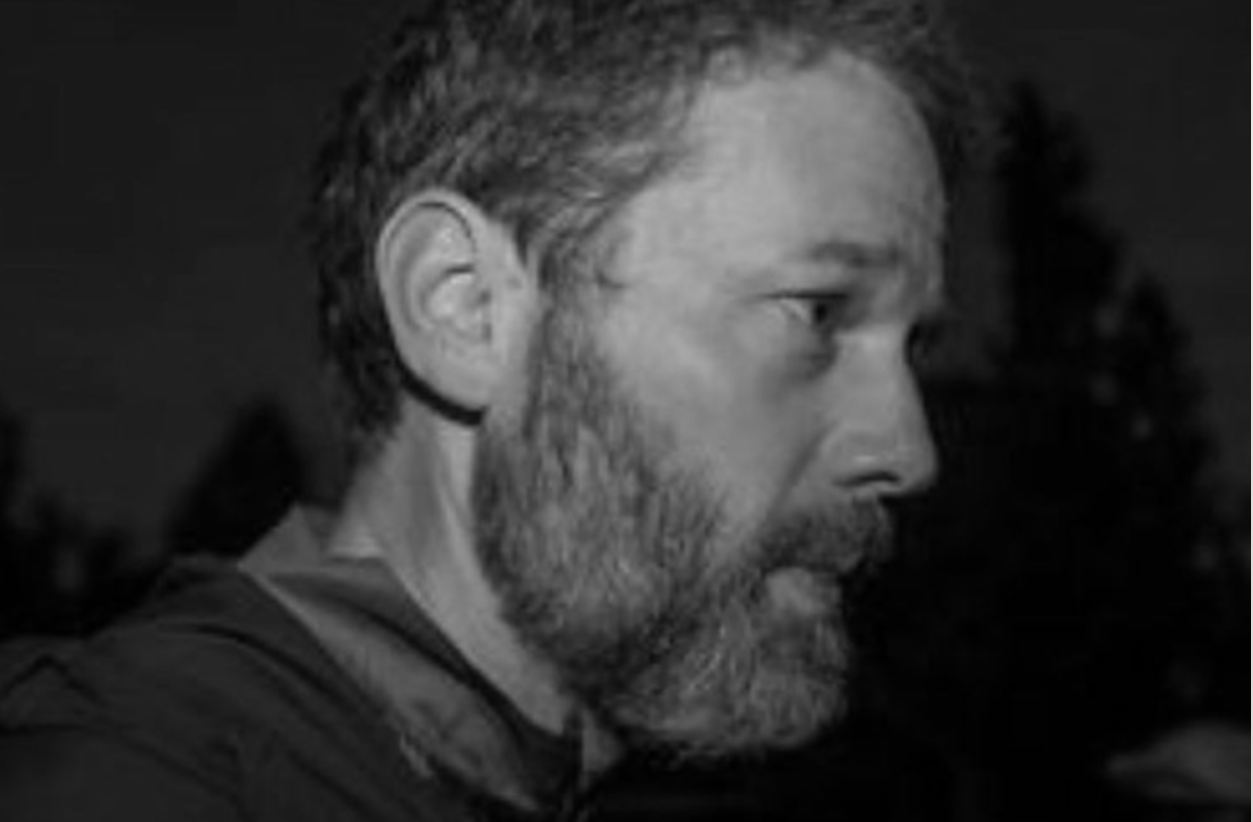 Mike Garrison, USARA Executive Director, shares some precious tips for those competitors just beginning their racing journey.
Mike Garrison, USARA Executive Director, shares some precious tips for those competitors just beginning their racing journey.
By Mark Cox
After almost 20 years of serious competition, Mike Garrison, Executive Director of the United States Adventure Racing Association, has run, swam, cycled, kayaked and climbed pretty much everything – and crossed numerous finish lines across the world.
But like most adventure racers, Mike faced a steep learning curve in those early days. And looking back, he had no shortage of painful memories: “I must say, compiling this list was easier than I thought it would be,” he chuckled. Here are some of the rookie mistakes Mike made (so you won’t need to).
1. Spend serious time learning navigation skills.
No time spent on navigation is wasted. You really need to spend the time early on learning how to get it right because it’ll give you the highest ROI you can imagine. If deciding between three hours of navigation practice or three hours of training runs, most people would opt for the exercise. But until you’ve reached a certain level of navigational competence, that shouldn’t even be a debate. Because sure, that extra run training might help you get back to your original point faster after you’ve strayed five miles off course. But if you know how to use a compass and a map, you won’t get lost in the first place.
2. Think very carefully about how much things weigh.
Be very selective when packing for your race. Don’t rationalize including additional items that only add a pound or two because they could come to haunt you later. Remember: All those ‘just in case’ extras will really add up when you’re cold and exhausted, and your backpack feels like it’s got an anvil inside it. Also, think smart about your backpack itself. If you choose a model that weighs a pound or two heavier than standard, then that’s an extra pound or two you’ll be carrying on your back for every step of the race. Here’s another great tip: After the race, empty out your backpack and saddlebags and look at what you haven’t even touched. Chances are you can leave those things behind next time. And finally, bear in mind: One of the easiest places to lose some extra weight is from yourself. Having a few less IPAs and burgers during race season will do you no harm.
3. Don’t overthink what to eat.
There’s mountains of advice out there on what endurance racers ‘should’ eat, but I always say: Start with whatever you can get past your mouth. Don’t worry about others say – just take food you know you can eat and follow your own taste. Years ago, I started out on a race laden with trail mix because I thought that was the ‘right’ food. But it’s not something I normally eat, so I had no craving for it. Plus, there was no sense of variety and it was way too dry on a hot day. That day was a food disaster. After 18 years, my taste has evolved. These days, I primarily use a liquid-based fuel with a good protein-carb-fat balance and energy bars that effectively minimalize simple sugars. But I also pack peanut M&Ms and Gummy Bears (pius packs of Cheetos, which are surprisingly resilient in a backpack) because, by day three, you really need a treat and something to maintain your interest.
4. Get to (really) know your gear before the race.
Got some new gear? Test it, test it, test it. And that’s doubly true for every item of kit that will have any interface with your body – including your bike saddle, backpack, shoes, socks and underwear. Of course, they might work just fine without you testing them out first – but if not, you’ll be in a whole world of pain. And you need to really test your kit by actually training with it in live race conditions. So, with socks, for example: Get them wet and dirty before the race, so you know they’ll be comfortable in all conditions. In the past, I’ve blown my feet to pieces by packing the wrong, untested socks – and you don’t want to be that guy.
5. Focus on what you and your team can do (and ignore everyone else).
This tip is especially valuable for the newbies: Just do what you can do – and reach the finish line in the best time that your team can manage. Don’t try to match the pace or intensity of a faster or more experienced team. And definitely don’t tag along or follow other teams: that won’t help you in the long term because you won’t be developing your own skills. In fact, it’s only once you improve and your race goals become primarily competitive that you even need to notice other teams. In the early races, you just do you and focus on getting to the finish line.
PS. Pass on your knowledge.
I competed in a race with a relative newcomer last year, and beforehand I gave him some general tips based on my own experiences. As I spoke, I realized It felt so rewarding to be unload all that information – to basically just tell him: ‘Here’s all the crap I did wrong; I would recommend you do not do that’. And it paid off: he performed really well and we went on to have a blast.
